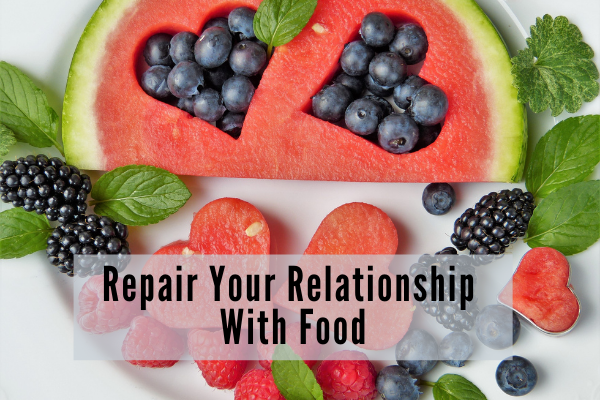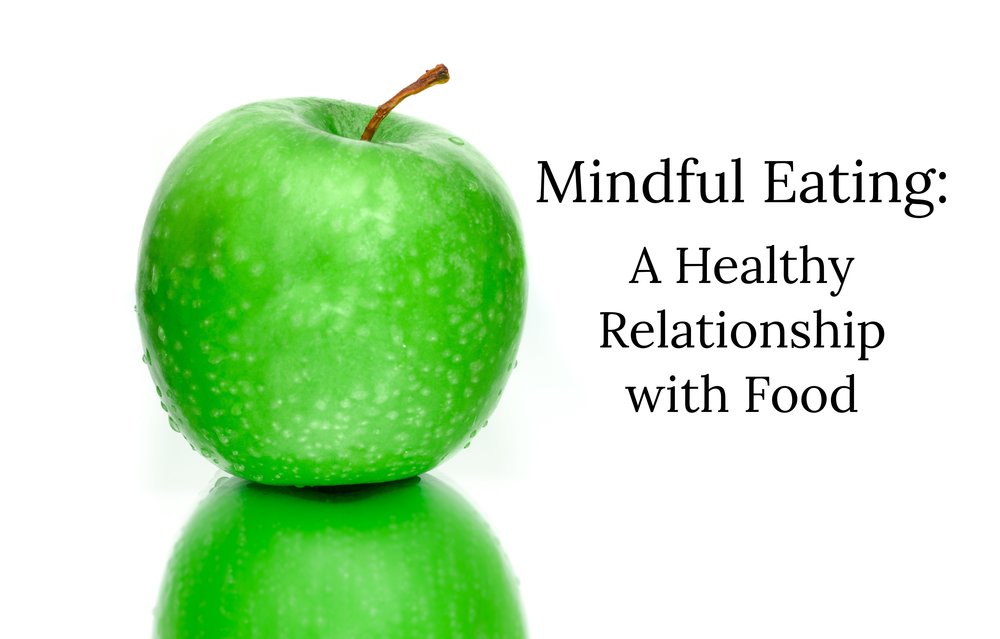Do you ever think about what you are eating at table or are you the kind who just gets food down your throat amidst a million things going on?
I am a big advocate of listening to your body when you give it food but this is almost impossible if you are not mindful. Many times our bodies communicate whether they like certain foods or not but unfortunately we pay little or no attention.
Mindful eating is a phenomenon that has been coined in the recent past. It grew out of research that was carried out since 1980 on the effects of mindfulness practice on a range of health issues, including stress-related illness, depression, anxiety, chronic pain, and heart disease. It has since been considered a complementary alternative medicine (CAM) approach to the treatment of obesity, Type 2 diabetes, and eating disorders thereby gaining popularity over the years.
What is mindful eating?
Mindful eating refers to maintaining an in-the-moment awareness of the food and drink you put into your body. It places awareness on the menu, whenever and wherever we eat as well as making us watchful about what we eat, with the aim of transforming our relationship with food by focusing on the how and why of eating. Eating mindfully means that you are using all of your physical and emotional senses to experience and enjoy the food choices you make. This could be at the point of eating the food or even purchasing and preparing it.
Mindful eating encourages a more holistic point of view as it involves observing how the food makes you feel and the signals your body sends about taste, satisfaction, and fullness. It requires you to simply acknowledge and accept rather than judge the feelings, thoughts, and bodily sensations you observe. It can extend to the process of buying, preparing, and serving your food as well as consuming it as mentioned prior. Mindfulness targets becoming more aware of, rather than reacting to, one’s situation and choices. This helps to increase gratitude for food, which can improve the overall eating experience since it encourages one to make choices that will be satisfying and nourishing to the body.
How does it work?
Mindful eating focuses on your eating experiences, body-related sensations, and thoughts and feelings about food, with heightened awareness and without judgment. Attention is paid to the foods being chosen, internal and external physical cues towards food, and your responses to those cues with the goal of promoting a more enjoyable meal experience and understanding of the eating environment.
many of us, our busy daily lives often make mealtimes rushed affairs. Raise your hand if you have found yourself eating in the car commuting to work, at the desk in front of a computer screen, or parked on the couch watching TV. (My hand is up too). Our day-to-day has often left us to resort to rushed meal times. We eat mindlessly, shoveling food down regardless of whether we’re still hungry or not. We like the feeling of keeping our mouths busy regardless of what the food will benefit us. Many times we are feeding everything but hunger.
Funny story; one time I sat for a test paper and it did not go as expected. I got out of the test room so mad at myself (I am so hard on myself for these things by the way), and all my brain was telling me was food. Matter of fact, I went to the restaurant across the road and had the food. Was I hungry? Of course not. I was feeding my emotions and I cannot tell you what the chicken that I ate tasted like. This is what mindless eating can look like. All I did that day was satisfy my emotional needs. This could be you or someone you know. Do you eat to relieve stress, or cope with unpleasant emotions such as sadness, anxiety, loneliness, or boredom? If your answer is I don’t know, you may want to do a self-check. Mindful eating is the opposite of this kind of unhealthy “mindless” eating. Ultimately, this means we have a better chance of understanding what foods nourish us and what foods help us stay healthy while also encouraging a deeper appreciation of every meal, every mouthful, and every ingredient.
Benefits of mindful eating
-
Improves digestion
Many of us do not take time to chew food efficiently. Did you know that your mouth contains enzymes that help you to start digesting food while you’re chewing? In mindful eating, we are encouraged to eat more slowly and chew our foods thoroughly as this results in earlier and more effective digestion of food. A lot of mindful eating practices include chewing foods well, which also helps with the digestive processes.
-
Develop healthier habits and attitudes toward food and ourselves
Remember my story about feeding everything else but hunger? Over time, it’s easy to develop an unhealthy relationship with food. This can be unlearned through mindful eating. Better eating habits and attitudes can be developed which will not only serve your nutrition needs but even other needs like emotional and mental health.
-
Promotes enjoyment of and appreciation for food
When is the last time you truly enjoyed your food? We are told that food eaten in smaller quantities is more enjoyable as opposed to larger quantities. (Do you agree?)
Try it today and take your time. Be mindful to feel all the different textures and spices. Let your taste buds listen to the different foods and tell me if you will feel the difference. I bet it will be a memorable meal. Mindful eating practices will get you to have more gratitude for the food on your table to the extent of appreciating where it comes from and the hands that prepare it. You may also develop a sense of thankfulness for all the ways that it’s benefiting our bodies, so you have a more positive appreciation for food. Try introducing it to your family and busk in the results.
-
Supports weight management
Did you know that we have a natural switch between hunger and fullness? We call these cues. Naturally, we are supposed to eat when the body signales that it is hungry and likewise when we are satisfied the body will communicate as well. Many times when we override these cues, the body goes into ‘hibernation’ and the signals become so weak that they are almost none existent. In mindful eating, we try to reawaken these cues to avoid over or under-eating. Listening to your body’s internal cues is key in developing better weight management techniques such that instead of measuring your hunger by external measures, such as the amount of food on your plate or calories you’re consuming, you’re relying on what your body is telling you.
In conclusion
When we talk about mindfulness in eating, it is an invitation for us to remove those distractions and sit uninterrupted with our food and those we are eating with. I hope the next meal you will have, you will take your time, eat more slowly, and savor the flavors, the aromas, and the textures. Keep this at the back of your mind at all times.
Please share your experience with us.
See you next Wednesday




